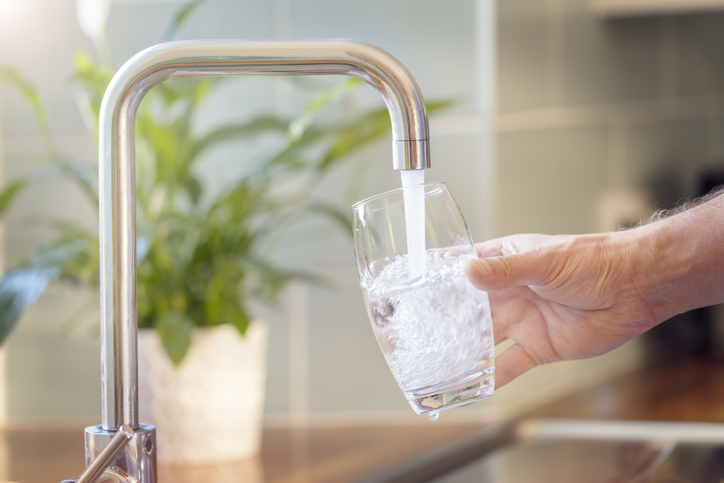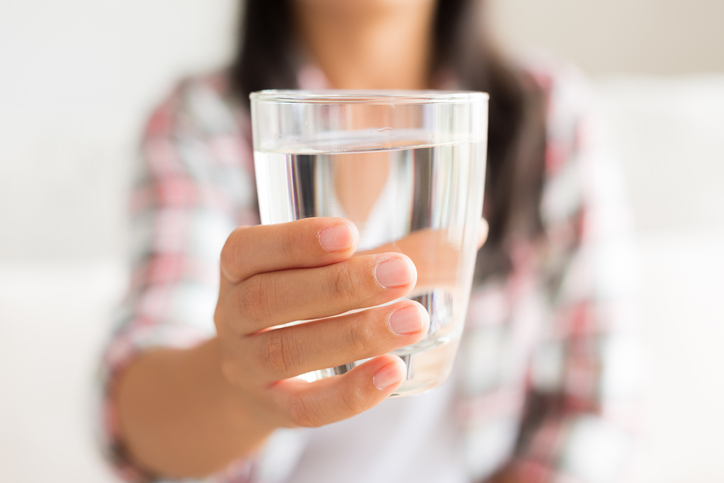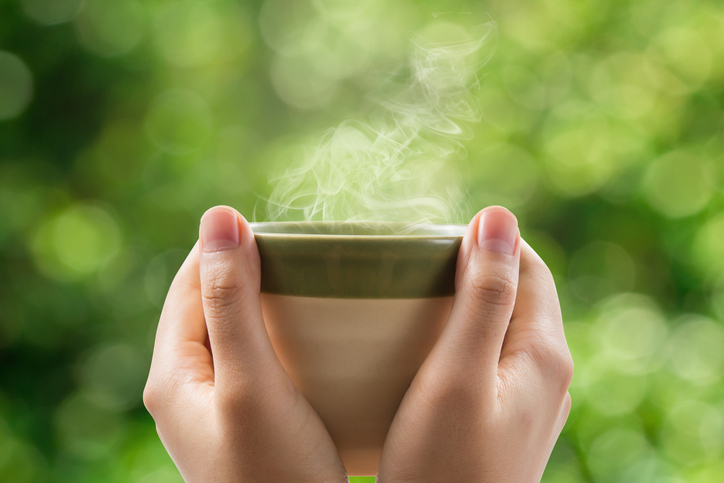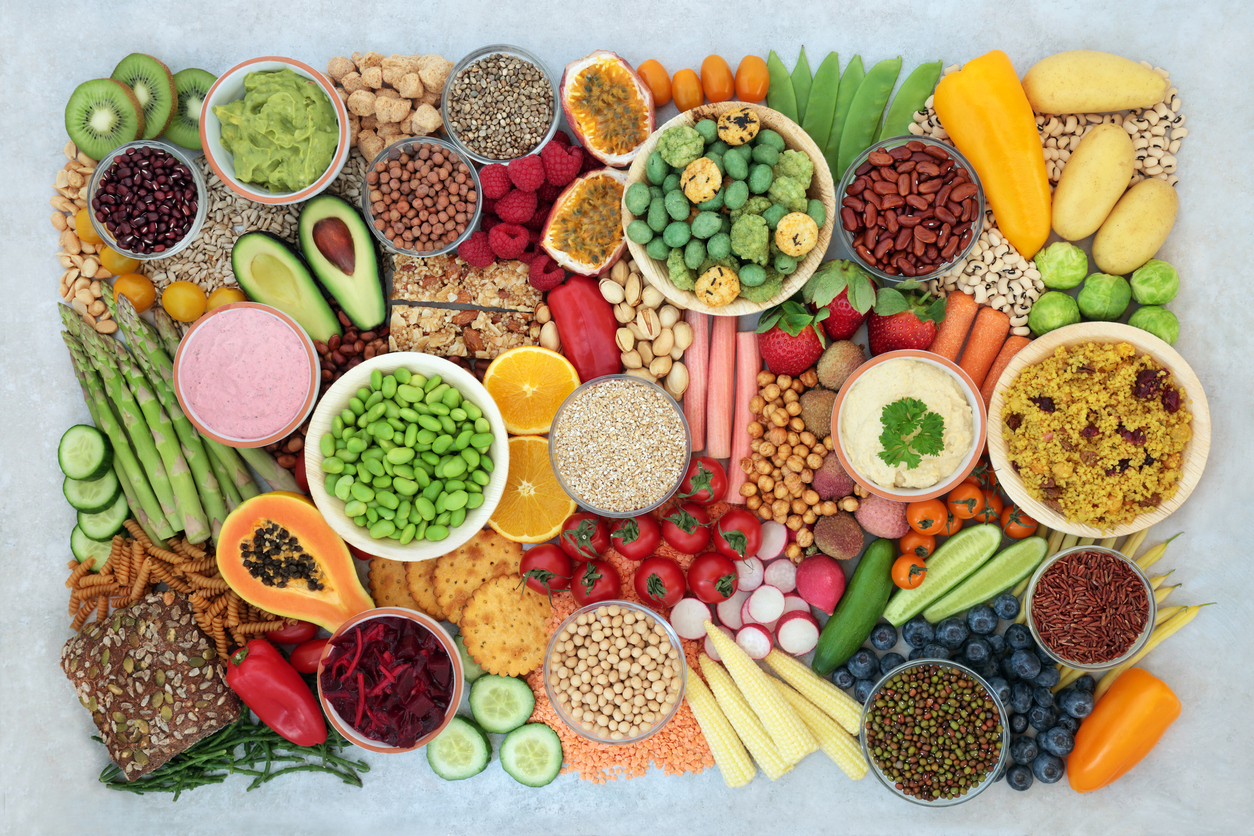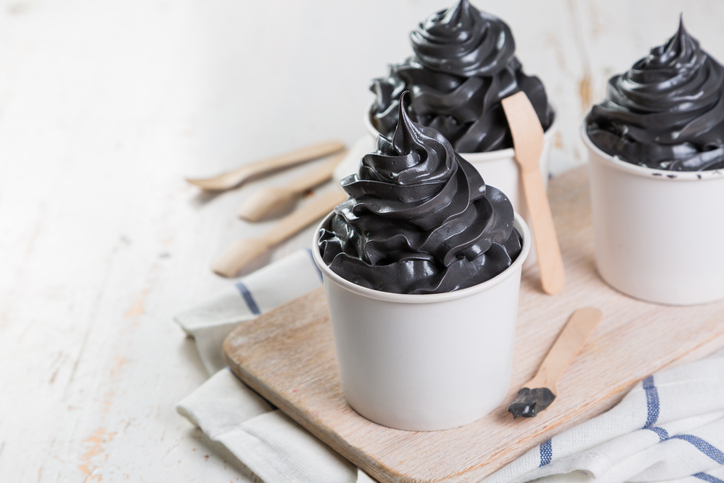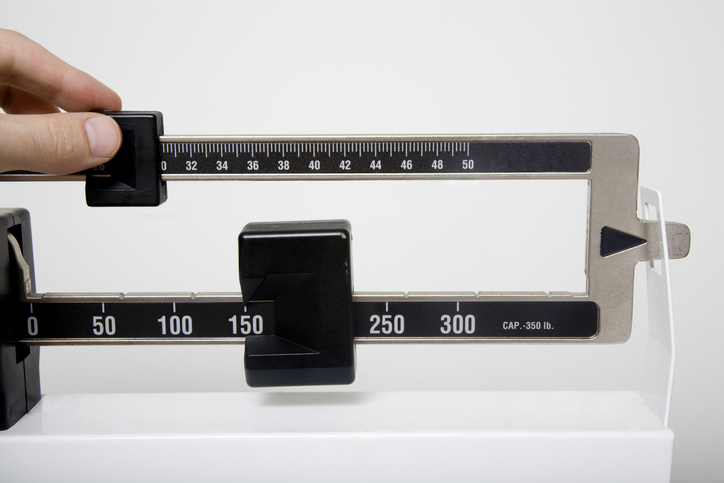Wellness
The Importance of Hydration

The human body is approximately 60% water. Bodily fluids are lost daily through sweating, urinating, passing stool, and breathing; this loss of fluid must be continuously replaced to keep the body healthy. Dehydration occurs when the intake of fluids into the body is less than the output of fluids from the body. Many health experts recommend drinking eight 8-ounce glasses of water per day. Of course, plain water does not need to be the only source of daily fluid intake; other sources, such as coffee, tea, water-rich foods, and flavored water, can be included in the daily total, as well.
Maintaining proper levels of hydration in the body regulates body temperature, prevents infections, keeps organs functioning properly, lubricates joints and delivers nutrients to cells. Proper hydration also improves cognition, mood and sleep quality.
Reasons to keep the body hydrated include, but are not limited to, the following:
- Physical performance is maximized when the body is hydrated. Dehydration can reduce motivation, change body temperature and make exercise more difficult. Proper hydration can help reduce muscle fatigue and improve overall physical performance.
- Hydrating the body is an important part of brain function. Mild dehydration — as low as 1-3% — can impair memory, mood, and brain performance.
- Proper hydration can help relieve constipation. Dehydration causes the colon to pull fluid from stool in order to maintain other bodily processes, resulting in constipation. Staying hydrated keeps the gastrointestinal tract flowing.
- Dehydration can trigger headaches or migraines. Although drinking water has no effect on headache frequency, it has been shown to help reduce headache intensity and duration.
- Maintaining proper hydration in the body maximizes kidney performance and reduces the risk of kidney stones. The kidneys cleanse and rid the body of toxins. When properly hydrated, the kidneys produce more urine, which is odorless and light in color. When dehydrated, the kidneys trap extra fluid for bodily functions; this results in the kidneys producing less urine, which is strong-smelling and dark yellow. Increased fluid intake may also help lower the likelihood of developing kidney stones. Kidney stones are the result of mineral crystallization that form in the urinary system. Higher fluid intake dilutes the concentration of minerals, so they are less likely to crystallize.
- Proper hydration helps the body maintain the proper balance of fluids needed for circulation, creation of saliva, digestion, absorption, nutrient transportation and body-temperature maintenance. Dehydration causes the brain to trigger the thirst mechanism to communicate the body’s need for water.
- Dehydration can make the skin look more dry and wrinkled; however, this improves when properly hydrated. A moisturizer also helps create a barrier to keep moisture in the skin.
- Drinking water boosts the body’s metabolic rate, which can aid in weight loss. Consuming water approximately a half an hour before a meal reduces food intake. Drinking cold water is especially beneficial as the body burns extra calories warming the water to body temperature.
